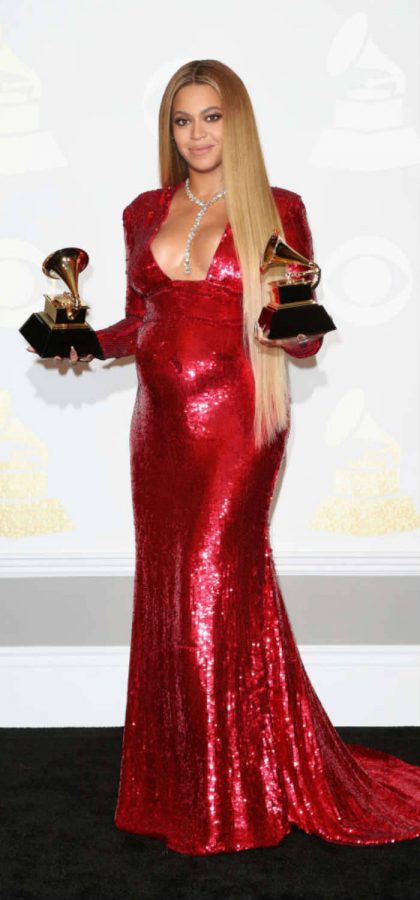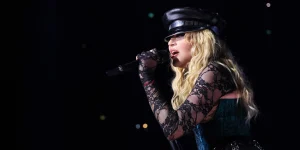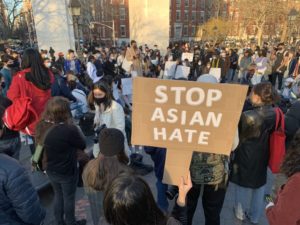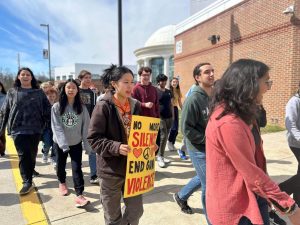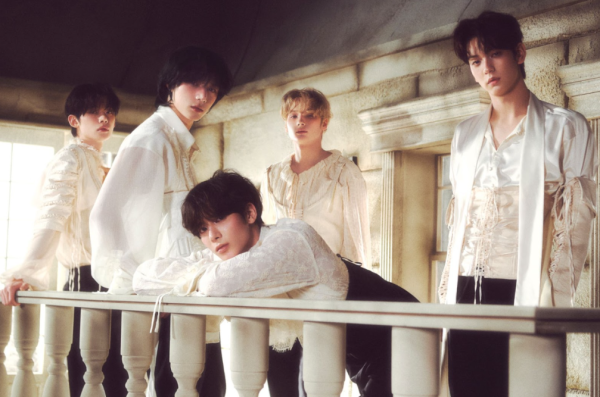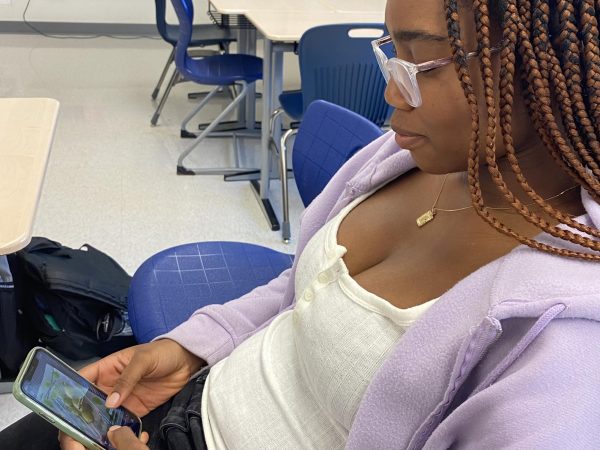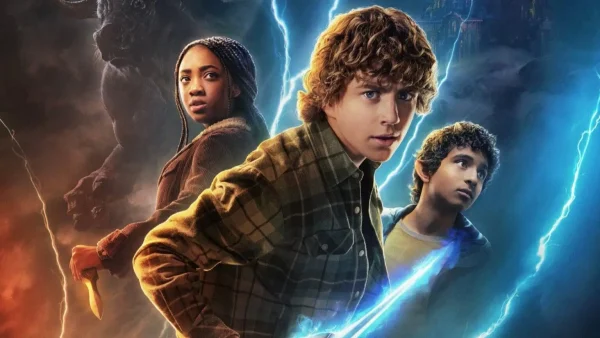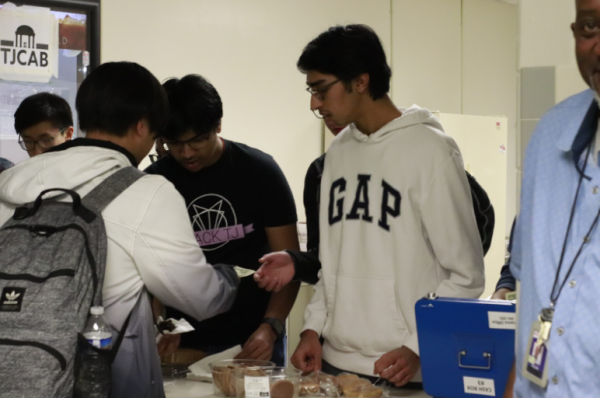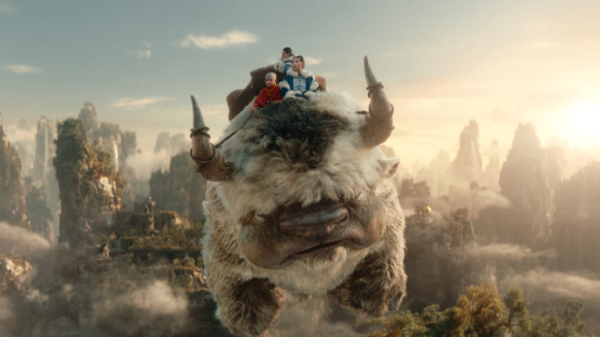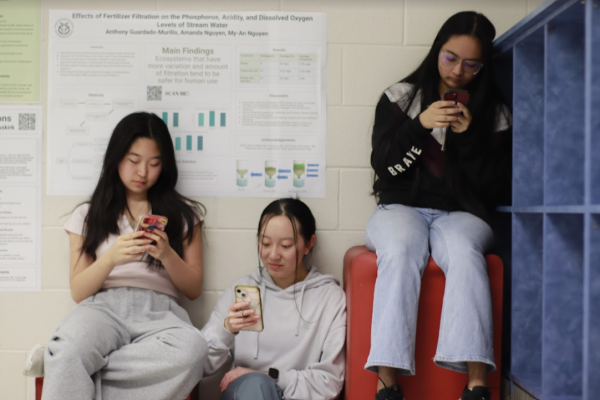The Grammys: A night of social activism and awareness
Image Courtesy of Priya Prakashan
The image shows a pregnant Beyoncé after being awarded 2 Grammys. The Grammy awards were held on Feb. 12, 2017.
February 16, 2017
2017 so far has been a year of political discourse and activism, and the Grammys were no different. This year we have already seen celebrities speak about social injustices during the Golden Globes, and following awards shows discussed the same topic.
Most recently, at the 59th annual Grammy Awards, a night to celebrate musical performers and their accomplishments in the past year, celebrities incorporated messages both subtle and strong about President Trump and his recent actions. After Adele’s performance, host James Corden rapped an intro full of references to the events yet to come, the diversity of those nominated and of course, a short jab a Trump and how the world has no idea what he could, and would, do next.
The night continued with presenters and performers alike weighing in on topics which have stirred much controversy within the U.S. Jennifer Lopez, an American born Latina who is most known for her acting, singing and fashion designing, presented the first award and gave a short speech about the importance of people speaking up about the issues they care about. She even quoted Toni Morrison, an African American novelist and activist, in order to convey how those with power to influence must take actions when they notice injustices.
After Jennifer Lopez’s speech, Paris Jackson, Michael Jackson’s youngest daughter, talked about how more support is needed at the Dakota Access Pipeline protests. “Hashtag noDAPL,” Paris Jackson said before introducing the Weeknd and Daft Punk to the stage.
One of the most memorable performances belonged to none other than Beyoncé, who in the past year has been particularly vocal about her pride in being black woman in modern day America. The most prominent theme in Beyoncé’s performance was her pregnancy- she was unable to incorporate her energetic and iconic dance routines, but that didn’t stop her from captivating the audience. Each moment was carefully planned and the performance in itself was full of symbolism and tributes.
Beyoncé’s outfits each represented a different religious and culturally significant women. The story of the performance also carried the theme of fertility and religion, with backup dancers dressed similar to centuries old religious figures, as well as including a short tribute to Leonardo Da Vinci’s “The Last Supper” and Beyoncé’s sister, Solange, who had released an album titled “A Seat At The Table.”
Laverne Cox, a transgender actress known for her role in “Orange is the New Black,” used her time on stage before introducing Lady Gaga and Metallica to raise awareness about Gavin Grimm, a transgender teenager who is fighting the Virginia School Board for the right to use the boys bathroom at his high school. The case has been appealed to the U.S. Supreme Court, and Cox’s words helped raise awareness about the historic case.
A Tribe Called Quest, a hip-hop group, also gave an special show, politically directed at Trump. They started with a strong message of representing the people taking action against leaders abusing their powers. Then, Busta Rhymes proceeded to call Trump “Agent Orange” as other member of the group entered through a wall. By the end of the show, the group was united with people of different ethnicities.
The Grammys had shown itself to be a night of activism and entertainment, holding true to the idea that people in the spotlight have the power to create change.

